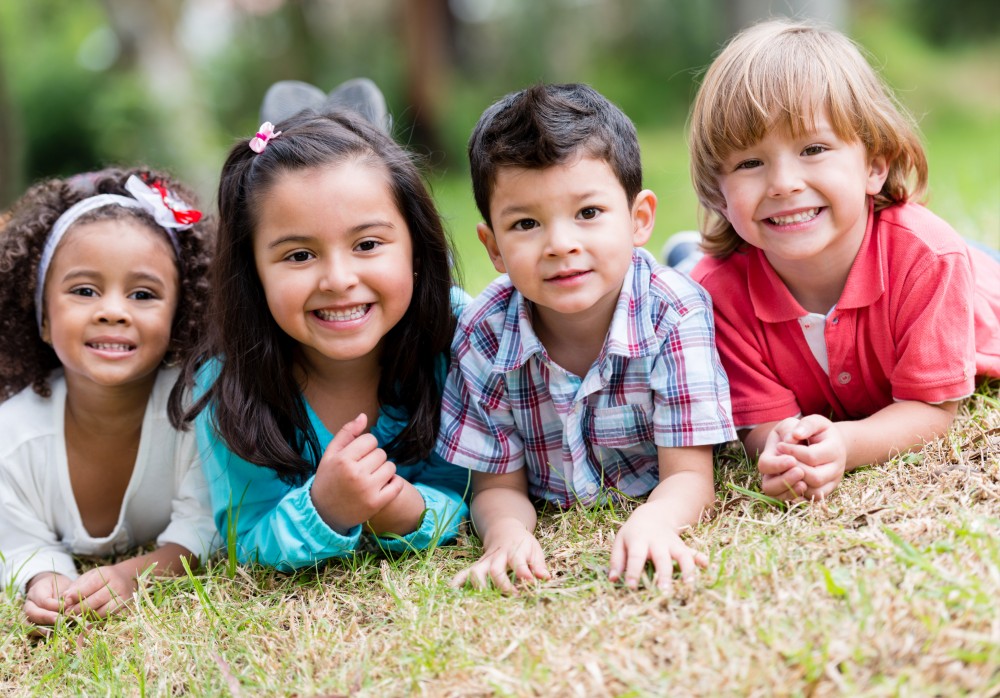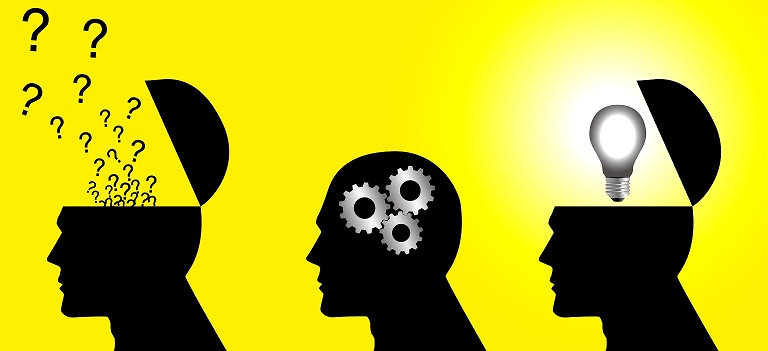
Adoption
I am Bhavin, 36 years old, having my own electronics goods business. My wife, Amisha, 32 years is working in a bank. Due to tuberculosis, she was told that she would not conceive ever. Therefore, before 6 years we adopted Chirag from an orphanage. We do not have any idea about his natural parents. He was 2 years old then and we did not tell him that he is being adopted. Now he is growing older and we are confused about whether to tell him about the truth and if yes, when and how to tell him about it and what problems all of us would face because of that.
The traditional assumptions underlying adoption practice are changing radically all over the world. Adoption is now regarded as a form of childcare within a spectrum of possible resources for children in need. However, adoption does affect all members of the family and the adoption can influence the family’s adaptation to life. Adopted children do face a particular set of problems – mostly related to their biological parents and with reasons why the child was given for adoption. Your son probably would develop his own theories to answer that problem. The other problem is about his feelings of self-esteem, rejection and loss. Chirag’s apparently uncomplicated childhood may progress into the sudden onset of disordered behavior such as gross verbal aggression, deterioration in school work and difficulty in establishing a strong feeling of identity and personal sense of security. He may have to mourn over several kinds of losses: the problems of being different from adoptive parents, and sense of loss and self-esteem from being relinquished for adoption. There is a triangular relationship between his natural parents, himself and you as the adopting parents. There have been focused attachments formed with you and these experiences are important for later development. Adoption may have made you overprotective and overindulgent. However, when doubts of identity and security develop, there may be acute conflicts with you. There may be a splitting into good natural parents and bad adopting parents, with compensatory fantasies about the loving and gratifying but lost natural parents who would love unconditionally and forgive all. He may also have fantasies of being rejected if he does not meet the standards of behavior and academic success required in your family. As regarding divulging to Chirag, the emphasis is on early telling the truth about the adoption. There will be a definite influence of the knowledge of adoption. For Chirag, the increased knowledge about his adoption may give rise of anxiety about his permanent place in the family because of fantasies that his biological parents may reclaim him, thereby disrupting family life. As he will progress into the early teen years, the uncertainty diminishes, but problems over identity may arise later in adolescence, another period of vulnerability. There is often a desire to search for his origins and to have face-to-face meetings with his natural parents and birth families. He may need a full family history to establish a sense of identity. He may need to acknowledge the differences between his natural parents and you for good social adjustment, communication and emotional stability. Chirag may face the problem of having developed externalizing behavior in which there is always blame on the environment, adjustment problems, oppositionalism and themes of running away. He may feel a social stigma related to adoption. In addition, there is an uncertainty about the genetic roots and their effects on him and his family of procreation when he is an adult.
What can you do?
The first step is to let him know the truth about his adoption. He is bound to know it sometime in his life. It is best if he knows it from you. All the problems mentioned above are not going to be avoided if you do not let him know the truth. On the contrary, you might help him to be prepared for this questions when they arise. There are developmental differences in understanding as children grow, and so what might be adequate at one age is unsatisfactory at a different age. There is often a fear in parents that the child may react very violently to the truth. Often the inevitability of the adoption and the fact that he has been in a better care facility wins over the temporary hurt. This has to be supported by your parenting. He was not only adopted to provide an heir, safeguard the succession of inheritance but also to make your lives joyful and meaningful. He would have better material upbringing and better education and have a better congenial family environment. It was also his rescue from adverse settings and forwarding his social and intellectual development and emotional stability. The biggest problem that you might have to face is his questions about his natural parents. As he grows older, the possibility about him being an illegitimate child or neglected and abused child may come in his mind. Only your love and care can then force him to abandon this line of thought and leave behind the beliefs of his origins. Feelings of anger, sorrow and regret may be expressed towards the natural parents. It is extremely important for you not to denigrate the natural parents. There will be a period of denial of this truth, a period of intense disturbance, bargaining for the possession of both the parents and finally an acceptance of the present condition. If you have been supportive, you will succeed in minimizing the wounds and help in healing so that no permanent scars are left behind. It is mandatory also to notice that when Chirag realizes that it is your love for him and for the pain that he would feel that made you not tell him about the truth, the devastation that he would experience would be much less and he more likely to return to your folds.



